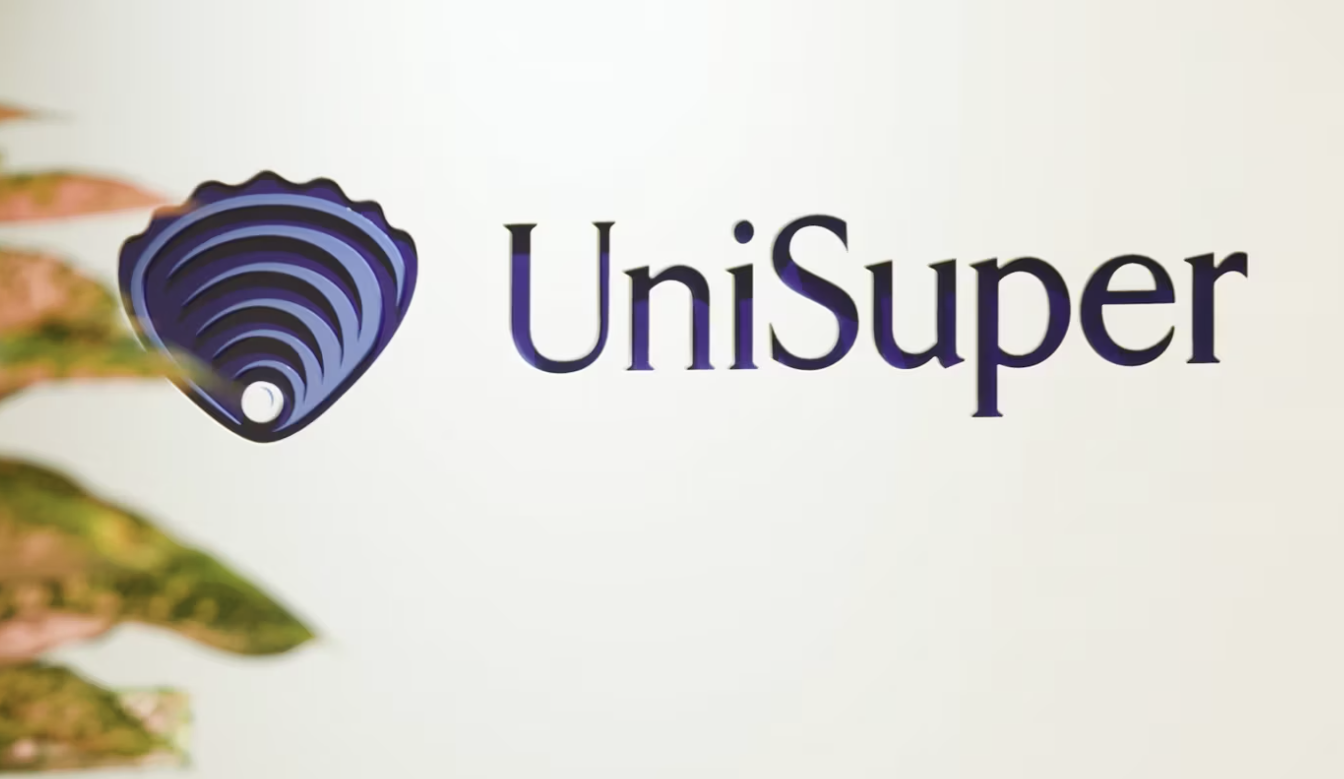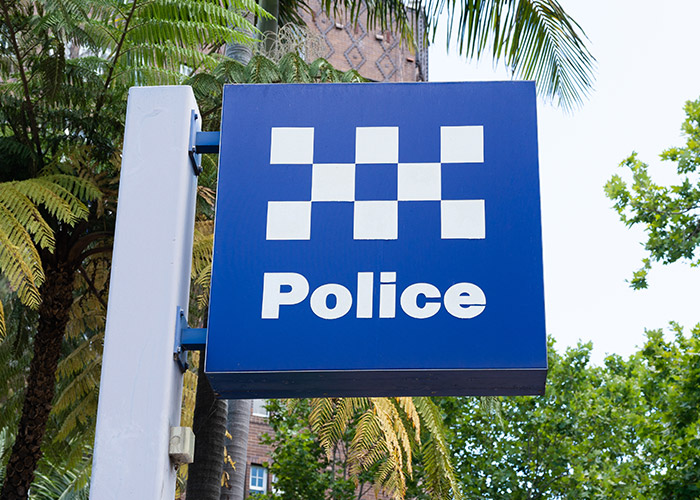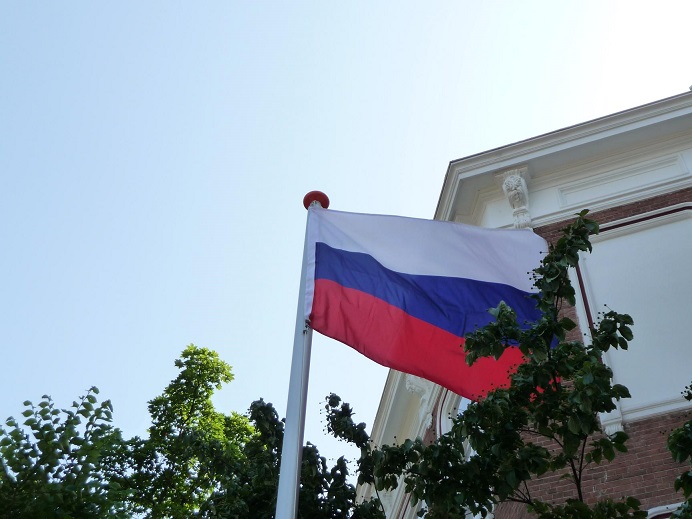
The federal government has been asked to tweak the conditions for co-funding of telecommunications infrastructure in regional and remote Australia to make it possible to meet certain needs with low earth orbit satellite (LEOsat)-based services.

A year-long working group set up by the government to advise on a role for LEOsats to meet communications and policy needs has returned with several recommendations.
Unsurprisingly, given LEOsat solutions have been adopted at a state level and by carriers including Telstra, Optus and Vocus, the working group envisages a role for LEOsats on a country-wide basis.
Possible roles may include acting as backhaul to remotely located cellular antennas, where the cost of other backhaul options – fixed or microwave – would be prohibitive.
The working group found that LEOsats could also be used to meet existing policy commitments, such as the regional connectivity program, which co-funds telecommunications infrastructure projects.
It noted feedback from an existing program participant that “a few small changes to the … guidelines could make a big difference to promoting LEO proposals”; the participant said current rules around contract terms made it challenging to pitch LEOsat services as an option for regional projects.
Usage of LEOsats should encourage competition between NBN Co Sky Muster, fixed wireless broadband networks and mobile network fixed wireless, thereby lowering connectivity prices.
However, some communities intended to benefit from a proliferation of LEOsat services may not actually do so, the report added.
Although the satellites may currently compete with terrestrial-based connectivity options, LEOsat-backed broadband services may still be too expensive for people and “not align with their connectivity needs”, it noted.
Following the report’s publication, the government said it will consider the recommendations made.
“I thank the working group for the constructive manner in which they approached these important discussions,” communications minister Michelle Rowland said.
“The government will continue to work with industry and consumer groups to ensure the regulatory framework delivers the best outcomes for Australians, and I look forward to future meetings with the working group this year.”










